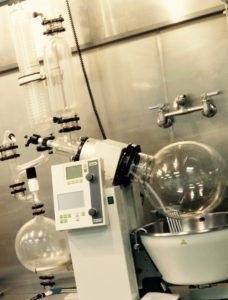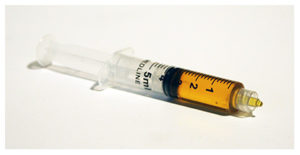Testing Foods, Supplements and Ingredients
The mass confusion around quality testing has brought more awareness to the issue, but the industry is still lacking clear guidance on how to deal with some of the practical issues. That’s why NaturPro offers independent laboratory support for food & supplement testing for natural products.
Have natural product analysis questions? Contact Us..
Why Testing is Important: Supplement and natural product testing with a compliant laboratory is required by FDA for foods, dietary supplements and ingredients to ensure they meet standards for safety, quality and effectiveness. For example, identity, potency and purity are quality control parameters needed to legally sell a natural product as an ingredient, food or dietary supplement.
NaturPro Scientific is driven to achieve the right answers for our clients. Some have even called us the UnLab. Why?
Being independent means that we do not own or have interest in any laboratory, which means we are free to pick from the top scientific experts for each type of test or analysis. As a result, we are truly able to work on behalf of our clients, to ensure that correct methods are used and results are obtained.

Natural Product and Supplement Testing Consultants
We know which labs are experienced with ginseng, but not with ginkgo — and this can mean a world of difference in test results.
8 reasons to use a supplement testing consultant for dietary supplements:
- To ensure analytical methods used are valid and fit for purpose
- To make sure laboratories don’t take shortcuts with your sample
- To determine if results are precise and accurate
- To replicate the results of another lab
- To resolve out-of-specification test results
- To resolve disputes in data reports
- To determine if “dry-labbing” may be occurring
- To have an independent expert to review methods and results
3 main benefits of food and dietary supplements testing consultants:
- Better analysis and testing validity for reliable, replicable and defensible results.
- Fast turnaround and lower testing costs.
- Reduced retesting, rejections, production delays and product recalls.
Bottom Line – NaturPro knows the right methods and labs to use, and the right questions to ask. We know the shortcuts that testing labs can take, and how to prevent that from happening to you, to ensure testing gives the most scientific, accurate and defensible results possible.


